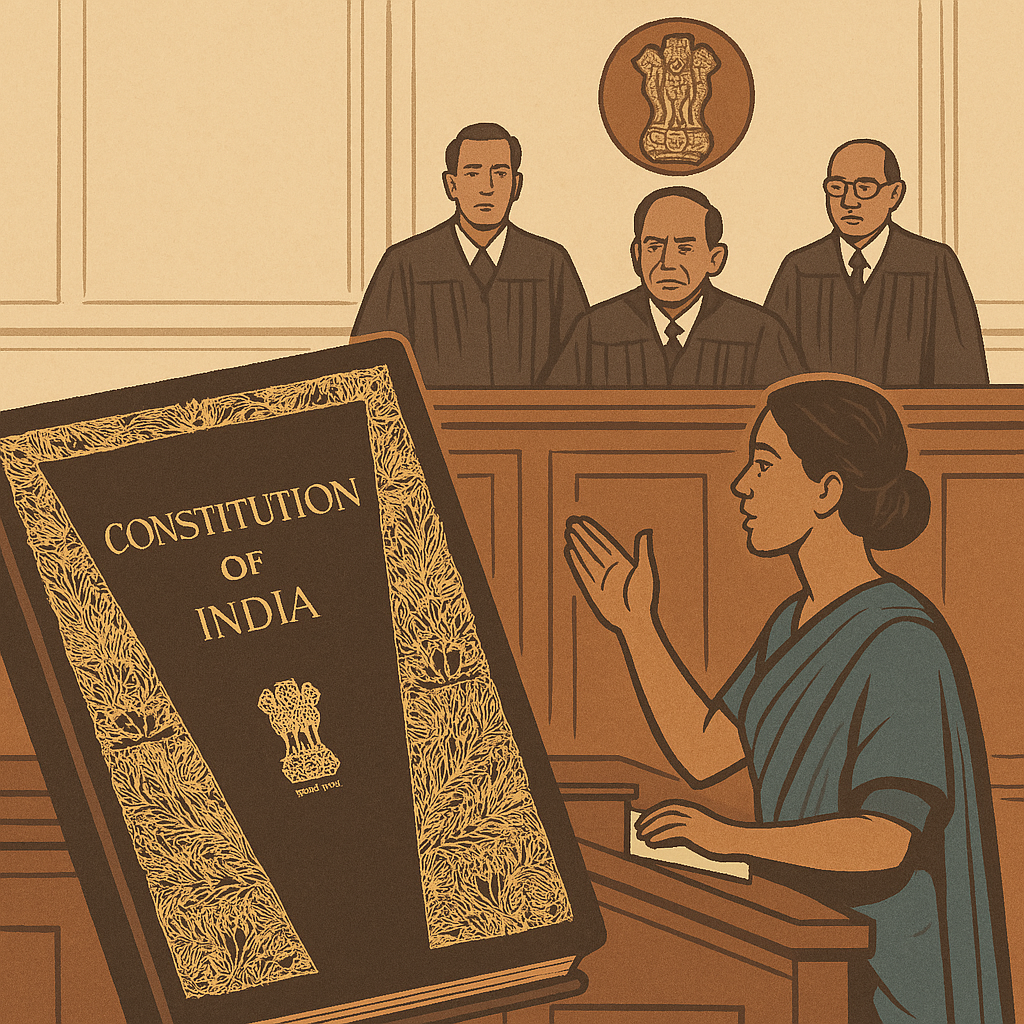⚖️ Landmark Case: John Vallamattom v. Union of India (2003)
📝 Summary:
This case struck down a discriminatory section in Christian personal law regarding donations through wills, reaffirming Article 14 (right to equality).
📚 Background
Under Section 118 of the Indian Succession Act, 1925, Christians were prohibited from donating property for religious or charitable purposes via will unless they followed specific conditions (like making the will 12 months before death and having government approval).
John Vallamattom, a Christian priest from Kerala, challenged this provision as discriminatory and in violation of his fundamental rights.
🧑⚖️ Supreme Court Verdict
The Supreme Court found Section 118 unconstitutional.
Key takeaways:
-
Violation of Article 14
The restriction applied only to Christians, which was unjustified and discriminatory. -
Freedom to donate
Every individual has the freedom to dispose of property for social and religious causes, regardless of religion. -
No reasonable classification
The state failed to justify why only Christians faced such a restriction, making it arbitrary.
🧠 Significance
-
Marked a major step in secular legal reform.
-
Upheld that personal laws must align with constitutional values.
-
Boosted ongoing conversations around Uniform Civil Code and legal equality across faiths.
🧩 Conclusion
The John Vallamattom judgment reinforced a key constitutional message: no citizen can be discriminated against based on religion—especially not in matters involving personal autonomy and property rights.

